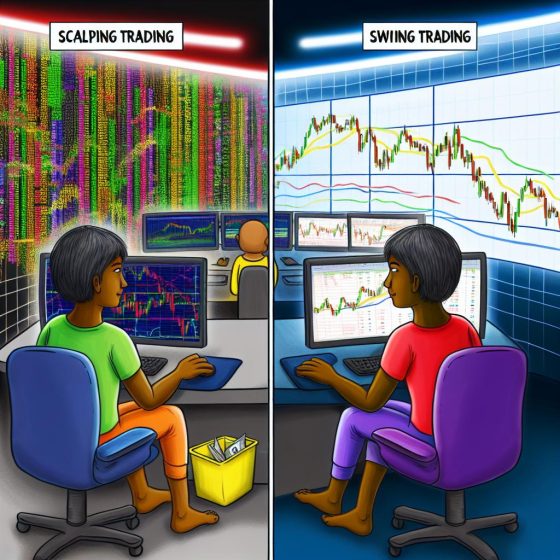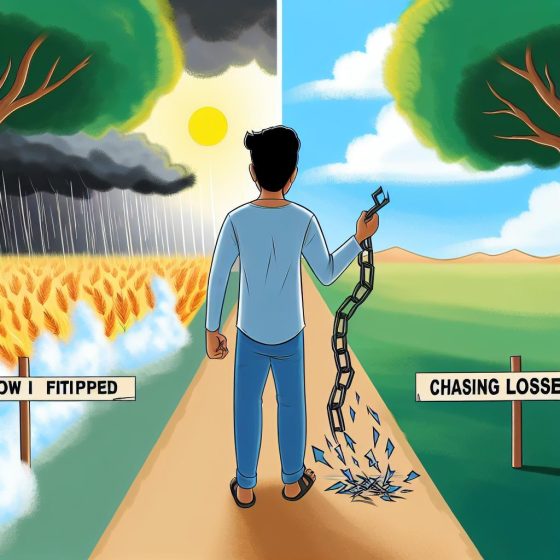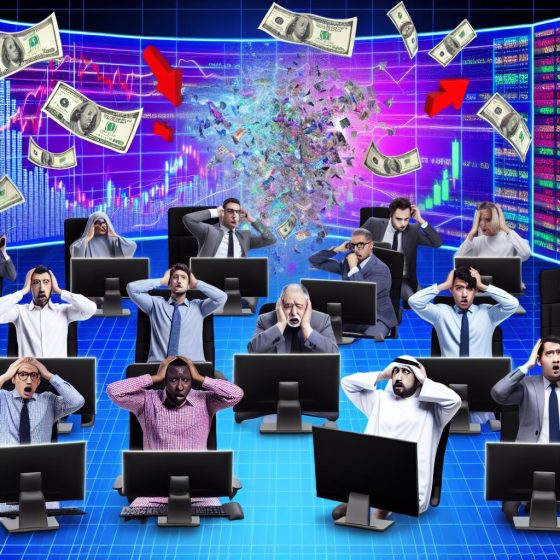Understanding Backtesting
Backtesting is a fundamental technique employed by traders and investors to evaluate and validate trading strategies based on historical data. By using past market data to simulate trades, backtesting enables the assessment of a strategy’s potential effectiveness before being implemented in real-time trading scenarios. This approach helps mitigate risks by exploring the strengths and weaknesses of a strategy under various market conditions.
The Basics of Backtesting
Successful backtesting requires access to historical data and a well-defined trading strategy equipped with specific entry and exit points. The historical data typically include past prices and volumes, and may incorporate additional market data such as interest rates when available. To implement backtesting quantitatively, strategy rules must be explicit and precise.
The Process of Backtesting
The process of conducting backtesting generally involves a series of methodical steps:
Acquire Historical Market Data
The first step involves gathering accurate historical market data. This data serves as the foundation upon which the strategy will be simulated.
Define a Trading Strategy
This step involves laying out a trading strategy with clear and actionable rules for entering and exiting trades. Without a well-defined plan, it is impossible to objectively measure performance.
Simulate the Strategy
Once historical data has been acquired and a strategy has been defined, the strategy is simulated using this data. The goal is to emulate how trades would have been executed historically according to the strategy’s rules.
Analyze the Results
The results of the simulation are analyzed to assess the performance of the strategy. Key performance metrics are reviewed to determine whether the strategy is potentially viable.
Choosing the Right Tools
A variety of software tools and platforms are available for conducting backtests. Some popular options include MetaTrader, QuantConnect, and TradingView. Each platform offers its own suite of features and supports different programming languages such as Python and C++ for customization and flexibility. Choosing the right tool depends on the user’s specific needs and technical expertise.
Importance of Reliable Data
The accuracy and reliability of backtest results are heavily dependent on the quality of historical data used. Utilizing reliable sources is crucial to avoid any biases that could distort outcomes. Furthermore, data granularity—whether using daily, hourly, or minute-level data—plays a significant role in the sensitivities of backtesting results. This granularity should align with the intended operational timeframe of the trading strategy.
Developing a Strategy
Backtesting provides a platform to explore and analyze statistical patterns associated with various trading strategies. By encoding these strategies into a backtesting environment, it becomes feasible to test any set of rules based on historical performance metrics. Monitoring key metrics such as the win-rate, risk-reward ratio, and drawdowns form an essential part of the process.
Adjusting and Refining Strategies
Initial backtesting is only the beginning. Once preliminary tests are conducted, it is necessary to refine the strategies for improved performance. Adjustments may involve modifying parameters such as stop-loss levels or entry conditions. This iterative refinement process is repeated until the strategy shows the potential for consistent results across various market conditions.
Execution of a Robust Strategy
A strategy that yields profitable results during backtesting doesn’t guarantee success when deployed in live trading scenarios. Factors like transaction costs, slippage, and market liquidity can affect outcomes significantly. To obtain a more realistic performance assessment, it is crucial to simulate these live-market aspects during the backtesting process whenever feasible.
Validating Strategy Robustness
To comprehensively validate the robustness of a strategy, a process known as ‘out-of-sample’ testing is employed. This includes splitting historical data into ‘in-sample’ data used for training the strategy and ‘out-of-sample’ data for testing purposes. This division ensures that the strategy’s performance was not solely a result of overfitting the historical data.
Out-of-Sample Testing
Out-of-sample testing is an essential step in the validation process. By applying the strategy to data it hasn’t ‘seen’ before, traders can assess how well it generalizes to new, unseen market conditions—a crucial indicator of a strategy’s long-term viability.
Walk-Forward Analysis
Another technique used in validating the robustness of a strategy is walk-forward analysis. This method involves moving the test window forward in time, step by step, and recalibrating the strategy to each window’s data. This technique helps identify whether the strategy’s success is due to genuine robustness or mere chance.
Conclusion
Through exhaustive backtesting, traders can gain valuable insights into their trading strategies, thereby increasing confidence in making market decisions. Although it is crucial to continuously refine strategies and remain vigilant about potential market changes, effective backtesting can significantly enhance the likelihood of developing a successful trading strategy that stands the test of time. For an in-depth understanding and comprehensive tutorials on backtesting, consider exploring resources such as Investopedia for detailed guides and further learning.



